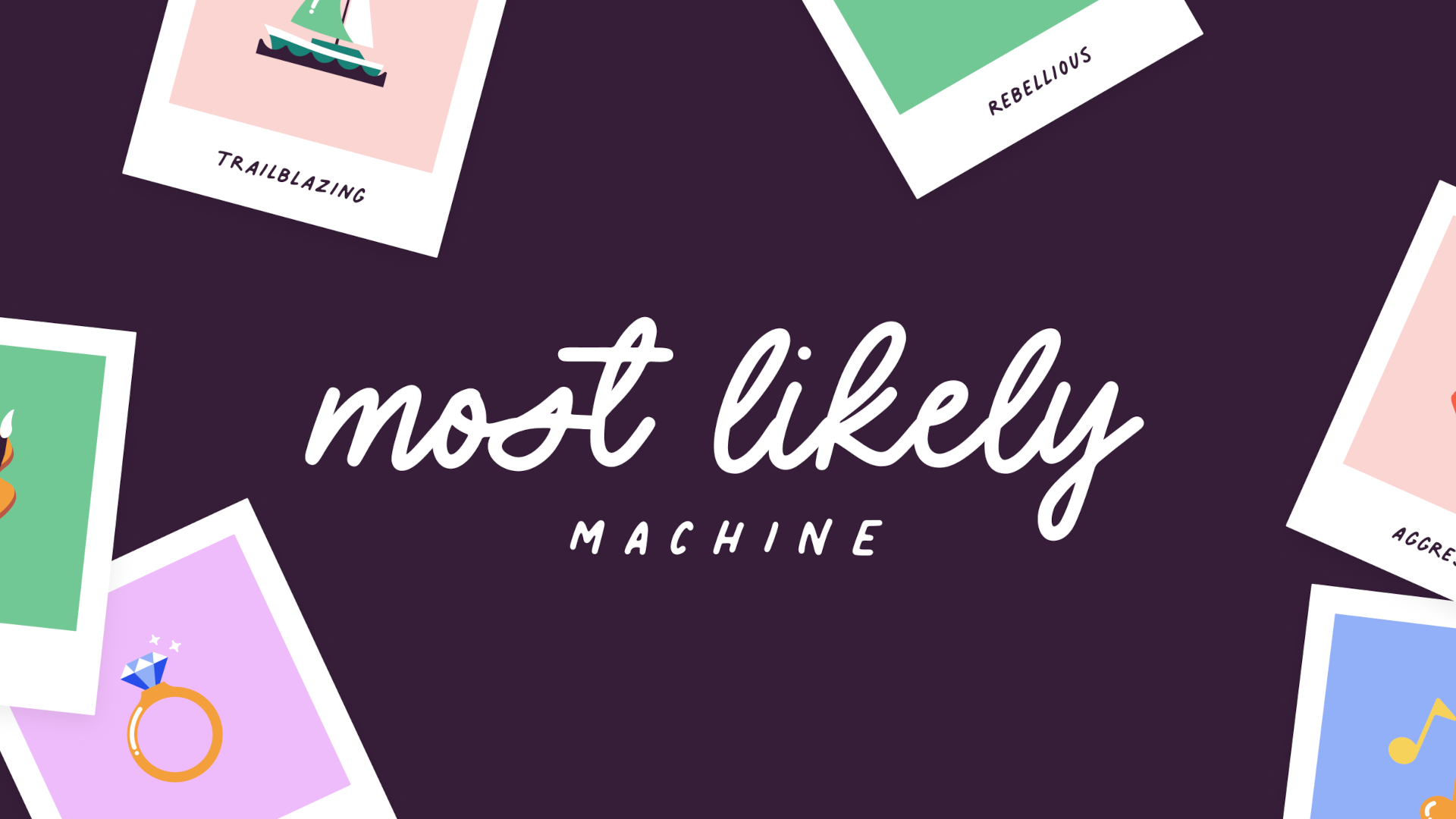Why Social Media Curriculum is Critical in Schools - 140 Character Conference by Lisa Nielsen

Tools and ideas to transform education. Sign up below.
You are now subscribed
Your newsletter sign-up was successful
Cross posted at The Innovative Educator
I am presenting at The 140 Characters Conference in New York City on April 20th. This event is the largest worldwide gathering of people interested in the effects of the real-time Internet on business, education, and “we” the people. Some of the other speakers include Ann Curry, NBC News (@AnnCurry), Chris Lehmann, Principal of the Science Leadership Academy, (@chrislehmann), Donny Deustch (@Donny_Deutsch), Ivanka Trump (@IvankaTrump), and MC Hammer (@MCHammer).
I will be a part of the Twitter and Education panel and joined by @mbteach, @kjarret, @shellterrell with @parentella moderating. Specifically I'll be discussing:
1) Teaching Kids how to manage their Digital Footprint
2) Why social media curriculum is critical in schools
3) Technology usage to enhance collaboration and development
In anticipation of the conference I'm writing about each topic. You can read what I wrote about Teaching Kids to Manage their Digital Footprint here. For this post I am addressing:
Why Social Media Curriculum is Critical in Schools
Unfortunately, too many of the places where students go online to interact with one another have policy-imposed walls between teacher and student. Not only have many schools enacted policies restricting teacher/student interaction, because most schools have banned most sites students use to communicate they do their best to prevent students from using these tools to communicate in an educational setting. It is unfortunate that in the 21st century many schools have deemed adolescent socialization among each other or with their teachers as inappropriate. This is the pervasive outlook despite the fact that educators are fully aware that 1) A healthy part of adolescent development includes socialization and 2) Research from those like the National School Board Association indicate that most students use social media to discuss educational topics and other studies (like this one from the CCSE) indicate students who are using social media to discuss schoolwork perform better. Across the nation, most schools have banned students from accessing authentic communication hardware or software, positioning school as a place where socialization is kept to a minimum, learning is teacher directed, and conversations are teacher, rather than student, driven and/or maintained. This of course does little to prepare students from effectively navigating the online environments they have access to and should be prepared to navigate outside of school. Looking the other way however is not addressing the purple elephant in the room. The social media curriculum is occurring with or without involvement of adults. The huge disconnect from the world outside of schools and requirement imposed on students to power down upon entry into school has left many students literally bored out of their minds, and we've conveniently labeled many such students who thrive on communication, stimulation, multi-tasking and action, as afflicted attention deficit hyperactivity disorder. Interestingly these same students have no problem focusing or giving attention when empowered to do so in their own worlds and environments.
Tools and ideas to transform education. Sign up below.

Schools that have taken the "don't ask, don't tell" approach to the social media curriculum are neglectfully choosing to look the other way as students communicate, collaborate, and connect in worlds devoid of adults. The result can be that just as in the real world, without any adult supervision, students could be at risk and are existing without models for appropriate behavior. Additionally if educators refuse or are prevented from becoming a part of these online places they are not speaking the language or joining in the real-world environments of their 21st century students. That said, I don't believe there should be an actual "social media curriculum" but rather social media must be integrated into the curriculum. Additionally, we need another name for these environments. Yes they can be social, but they are often more than primarily social environments. They are connecting, networking, and learning environments where students have conversations and explore passions, talents, and ideas. I've helped numerous teachers begin their own online learning communities with students and the results are dramatic. Work is published to a broader community. Students can easily see one another's work, rate and comment on it. They feel like their teacher's are finally interested in speaking their language. Teachers are amazed at the resulting conversations, ideas, and voices shared that would never have emerged had it not been for the integration of social media. With personal bio pages, students learn more about their classmates or schoolmates, or districtmates, or globemates...depending on the type of network set up. The students become the masters of their learning and conversations, and are able to do so in an environment that is safe and with the gentle guidance and facilitation of educators. Additionally the educator can set up roles for students who can be empowered to lead and monitor various groups and/or conversations. The lessons learned from the safe, online school environment can easily be transferred to what the students are doing online in their own spaces.
The other important piece to this equation is educating parents, guardians, families. They can also be invited to these online learning spaces. Additionally, caregivers must be taught how to engage in the online learning environments in which their children participate. It is unacceptable for caregivers to allow students to participate in these environments without supervision. Just as care givers would not let their children into real-world environments without a responsible adult present, they should not let their children exist in online worlds withouth them. But the adults need some support in how to do this and really what is and what is not acceptable behavior online. The best people to teach this...their kids and adults can help students organize at-school professional development for parents. It's a win-win and learning experience for all parties involved. Together students, care givers and teachers can have meaningful conversations about what is appropriate, acceptable, questionable or embarrassing.
I very much look forward to discussing this on the Twitter and Education panel and I hope to see other innovative educators at the conference as well. If you are thinking about attending #140conf NYC, now would be a great time to secure your seat. With the “early bird” ticket costing only US$ 100 for the two day event or $60 for one day. You can register NOW to guarantee youself access to the event. “Early Bird” registration ends on March 6th. The format at the #140conf events is unique. Individual talks are 5 and 10 minutes, keynotes are 15 and 20 minutes and panel discussions are no more than 20 minutes. During the course of the two days more than 140 people will share the stage at the 92nd Street Y in about 70 sessions. To get a feel of the energy you may experience in April, click here to review the videos from the 2009 #140conf NYC. The take aways from this event will provide the attending delegates knowledge, perspectives and insights to the next wave of effects twitter and the real-time internet will have on business and education in 2010 and beyond.
Lisa Nielsen is an educational administrator and permanently certified teacher with more than a decade's worth of experience working in educational innovation at the city, state, and national level. Working as an innovative educator in New York City, Ms. Nielsen was honored as Teacher of the Year and was her district's nominee for Technology Educator of the year. Ms. Nielsen has worked in various capacities in educational innovation at the NYC Department of Education and Teachers College, Columbia University including as manager of instructional technology professional development, literacy coach, instructional technology coach, teacher, librarian, and staff developer. She currently serves as Technology Innovation Manager for the NYC Department of Education. Ms. Nielsen is a Google Certified Teacher, International Edublogger, International EduTwitter, and creator of The Innovative Educator blog, website, learning network, and wiki.
Disclaimer: The information shared here is strictly that of the author and does not reflect the opinions or endorsement of the NYC DOE.
